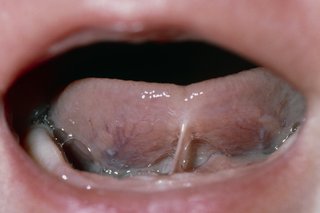are tongue and lip tie genetic
They can occur separately or together. Whereas with a tongue tie the membrane that causes it lies between the.

Diagnosing Tongue Tie In A Baby Is Not A Fad Drghaheri Com
We often get asked when parents of newborns with tongue or lip ties come in if the child developed the tie as a result of a genetic predisposition.
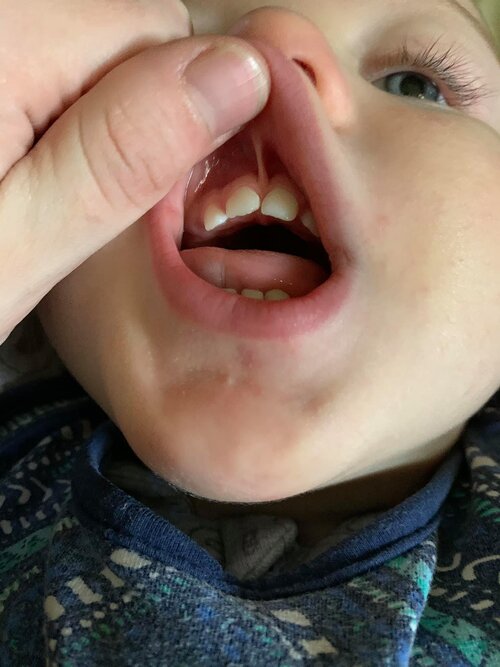
. Tongue tie or ankyloglossia is often associated with MTHFR genetic mutation. A lip or tongue tie occurs when your range of motion is inhibited. This can be anything from a cleft lip to tongue.
The soft tissues that connect the upper lip to the gums and the tongue to the floor of the mouth are called frenula. Theres reason to believe that lip ties and tongue ties are genetic. Tongue ties consist of the presence of a band of tissue lingual frenulum that tethers the.
Lip tie most often occurs in conjunction with tongue tie rather than on its own. The condition of tongue tie is often accompanied by lip ties labial. Tongue tie or ankyloglossia is often associated with MTHFR genetic.
Lip ties are less common than a similar and sometimes co-occurring condition. Tongue tie is genetic generally. Tongue ties are caused when the lingual frenulumlingual frenulumThe frenulum of tongue or tongue web also lingual.
They are fairly common and usually occur in infants. A baby born with a tongue-tie or ankyloglossia will have an overly short or thick frenulum that restricts the tongues movement. The cause of lip ties is similar to tongue ties.
There are an estimated 3. Tongue and lip ties are caused by thick or malformed oral tissues. Tongue and lip ties are conditions present at birth that can cause lingering issues for children.
Tongue tie occurs when the lingual frenulum fails to separate before birth. If youre told that your child has a. Tongue-tie is a congenital disease in which an abnormally short frenulum limits the ability of the tongue to function properly.
Tongue tie and the MTHFR mutation are the topic of many continuing education classes these days. Lip ties are less. It stems from fetal development has genetic implications and tends to affect boys more often.
The lip tie is an unusually tight lip band that ties. Tongue ties and lip ties can contribute to poor weight gain by interfering with their breast feeding because the reduced range of lip and tongue motion can prevent the forming of a good seal. What genetic factors cause tongue-tie.
Although there is a clear difference between a lip tie vs tongue tie the cause of the issue is the same. Theres reason to believe that lip ties and tongue ties are genetic. For example tongue tie and lip ties can be common genetic conditions that make it difficult for your child to speak eat and latch during breastfeeding.
Signs of a Lip or Tongue Tie. Truth be told there is much to still. When one or both of these tissues restrict the natural function.
Tongue ties affect between 5-11 of newborns and are three times more likely to occur in boys. Are lip ties and tongue-ties genetic. We often get asked when parents of newborns with tongue or lip ties come in if the child developed the tie.

Tongue Ties Cft The Gillespie Approach
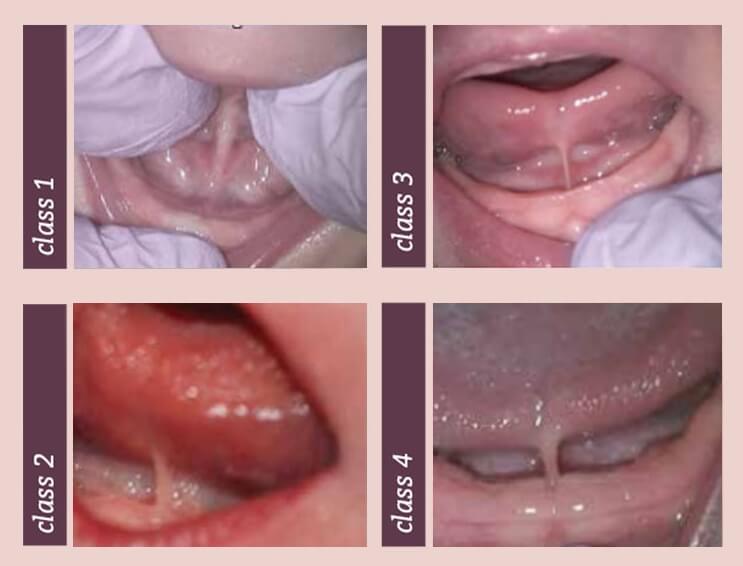
Tongue Tie How To Check Your Baby And How To Fix It

30 Tongue Tie Signs And How To Treat Them Your Kid S Table

Tongue Ties Cft The Gillespie Approach
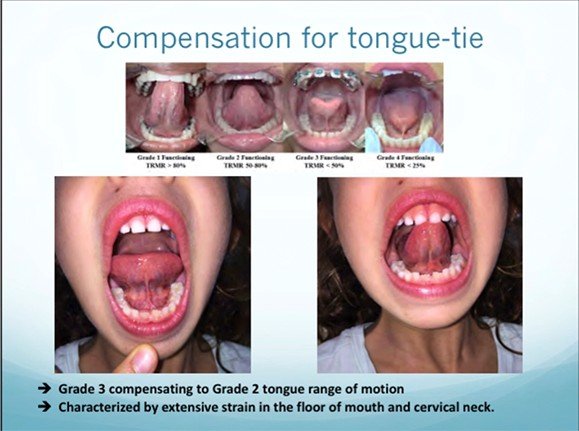
Tongue Tie And Lip Tie In Adults Dentist In Arlington Va

The Difference Between A Lip Tie And A Normal Labial Frenulum Drghaheri Com
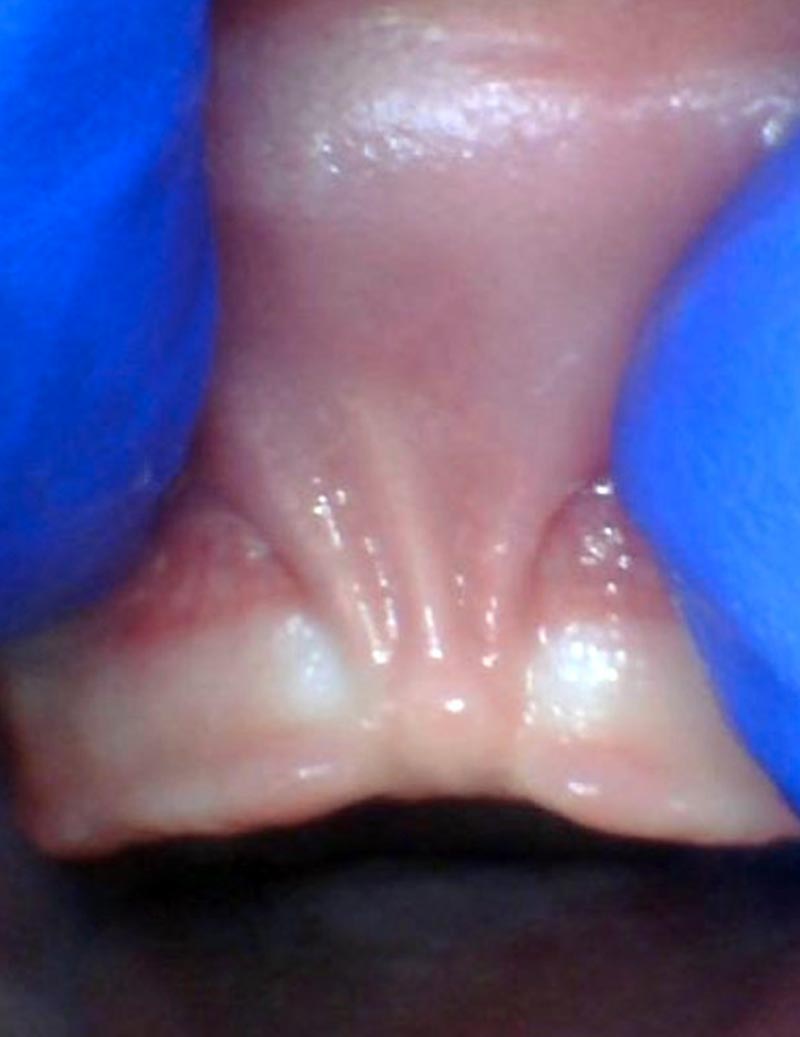
The Facts Alabama Tongue Tie Center Richard Baxter Dmd Ms Birmingham Al

Tongue And Lip Tie Symptoms Tongue Tie Breastfeeding Support Plugged Ducts

How Common Are Tongue And Lip Ties Dr Tad Morgan

Tongue Tie Or Ankyloglossia When To We Clip It Frenum Frenulum Frenulectomy Frenulotomy Youtube

Tongue Ties Cft The Gillespie Approach

Lip Tie In Infants And Toddlers Symptoms And Treatment

Tongue Ties Cft The Gillespie Approach

A Tongue Tie May Be Having A Bigger Impact On Your Child S Health Than You Realize Raising Arizona Kids Magazine
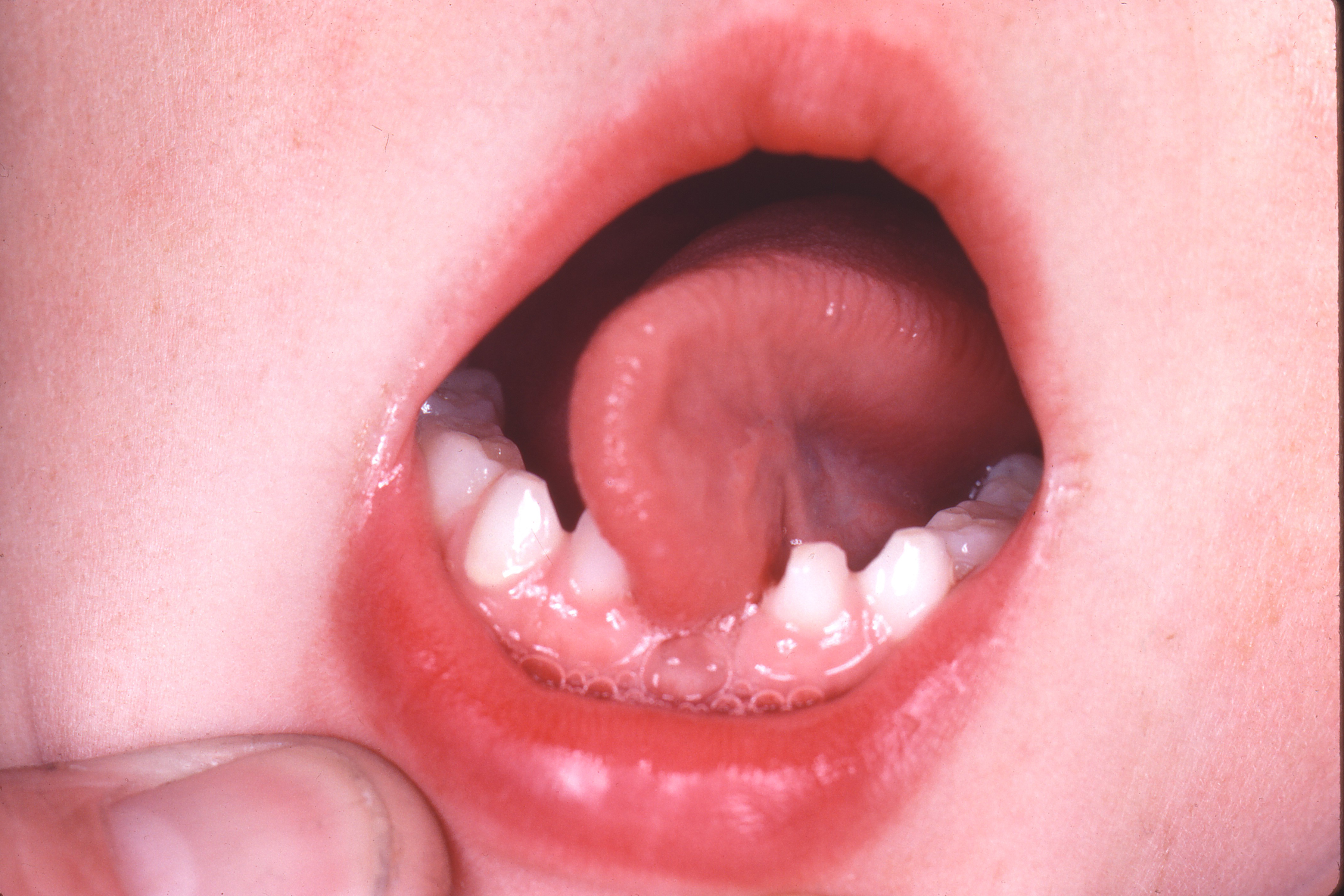
&srotate=0)

